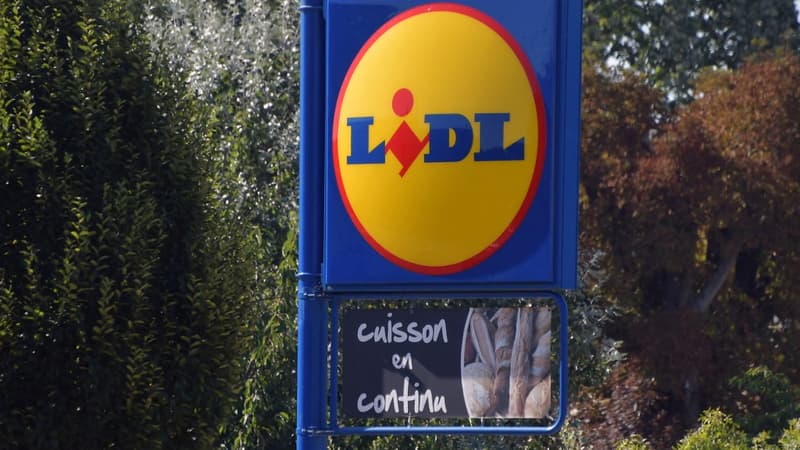The French have an ambiguous relationship with low cost. If, on the one hand, consumers prefer low-cost food brands such as Lidl or Aldi, fly more and more with Easyjet or Ryanair, dress at Primark, shop at Action or equip themselves at Brico Dépôt, it does not seem that they do so happily.
This is clear from the study “To each one his own low cost” carried out in 15 European countries by the Cetelem Observatory. The French are therefore in Europe those who have the worst image of low-cost. They give these brands and services an average score of 5.9/10, which is the lowest in the panel (after the Austrians). By comparison, the Germans give it a 6.2/10, the British a 6.5, the Spanish and Portuguese a 6.8, the Italians and the Swedish a 6.9. The European average is 6.5.
The values associated with low cost are the ones that consumers seem to reject the most, such as remuneration, labor issues or the environmental issue.
crisis consumption
Questions about the perceived quality of low-cost products and services also receive lower responses in France. 48% of consumers believe that we pay less but for poor quality products when the European average is only 43%.
As a result, the French are less likely to favor low-cost products than elsewhere, with just 41% of them compared to the European average of 54%. And surprisingly, this purchase frequency is hardly more pronounced among low incomes (42% tend to consume cheaply) than among high incomes (40%).
There is also only 37% who want to consume more low-cost in the future when the European average is 43%.
For a large part of the French, low-cost consumption is therefore crisis consumption associated with purchasing power difficulties, but it remains unprofitable. This is demonstrated by the communication of brands in the sector that do not emphasize low-cost. The brands Lidl and Aldi, for example, have refused to be associated with the “hard discount” for about ten years. The former prefers to communicate about quality with its slogan “The true price of good things” while the latter plays the card of modernity with its “Place for the new consumer”.
The same in the car where the Dacia brand is more appealing with, for example, its Bigster concept and a strategy that targets the C segment, that of the largest SUVs.
Despite everything, they consider that the market will continue to develop under the combined effect of budgetary tensions and a growing demand to pay only the right price. 54% of the French believe that low cost will continue to grow because more and more consumers will have financial difficulties, that is, 3 points more than the European average.
Source: BFM TV


